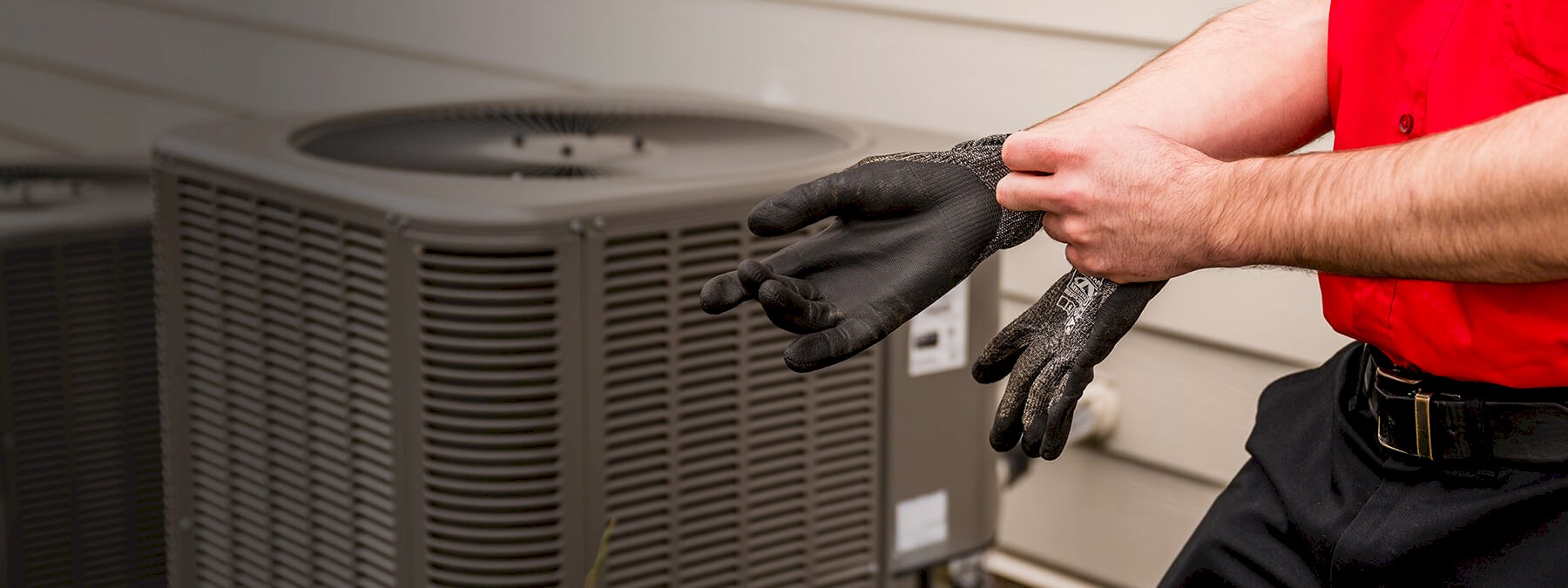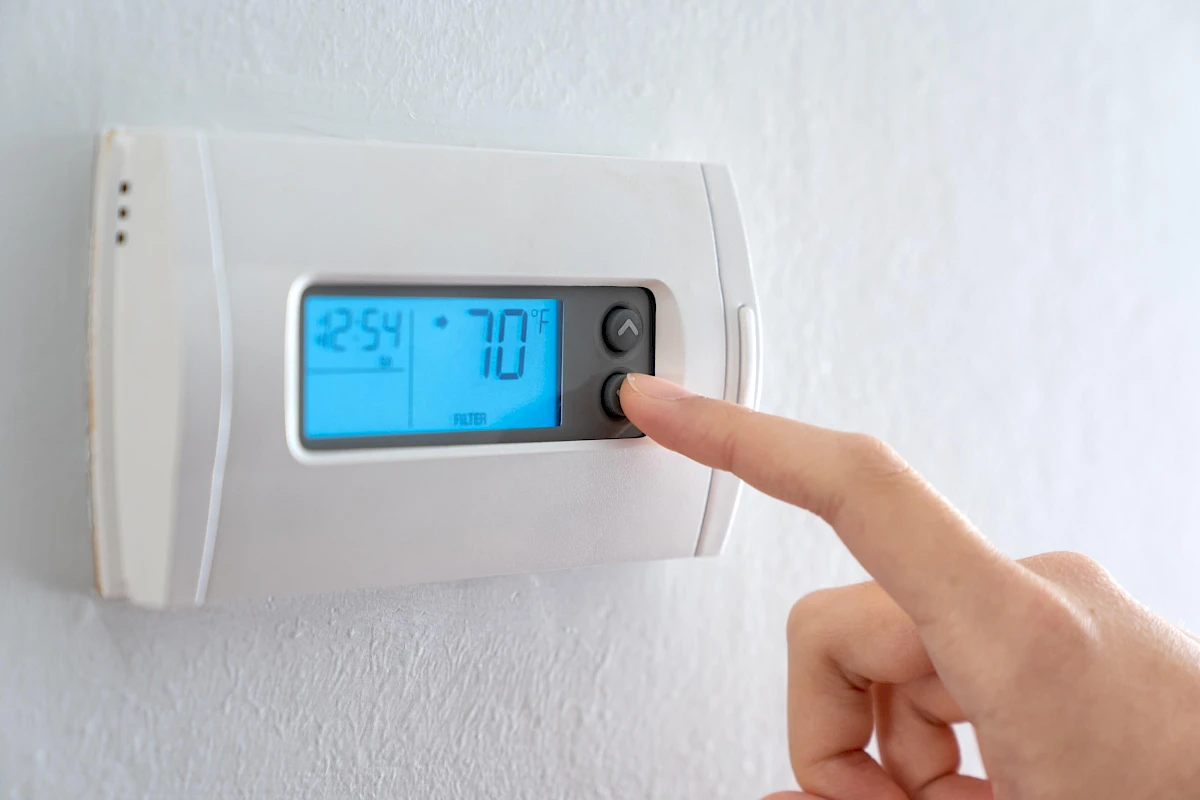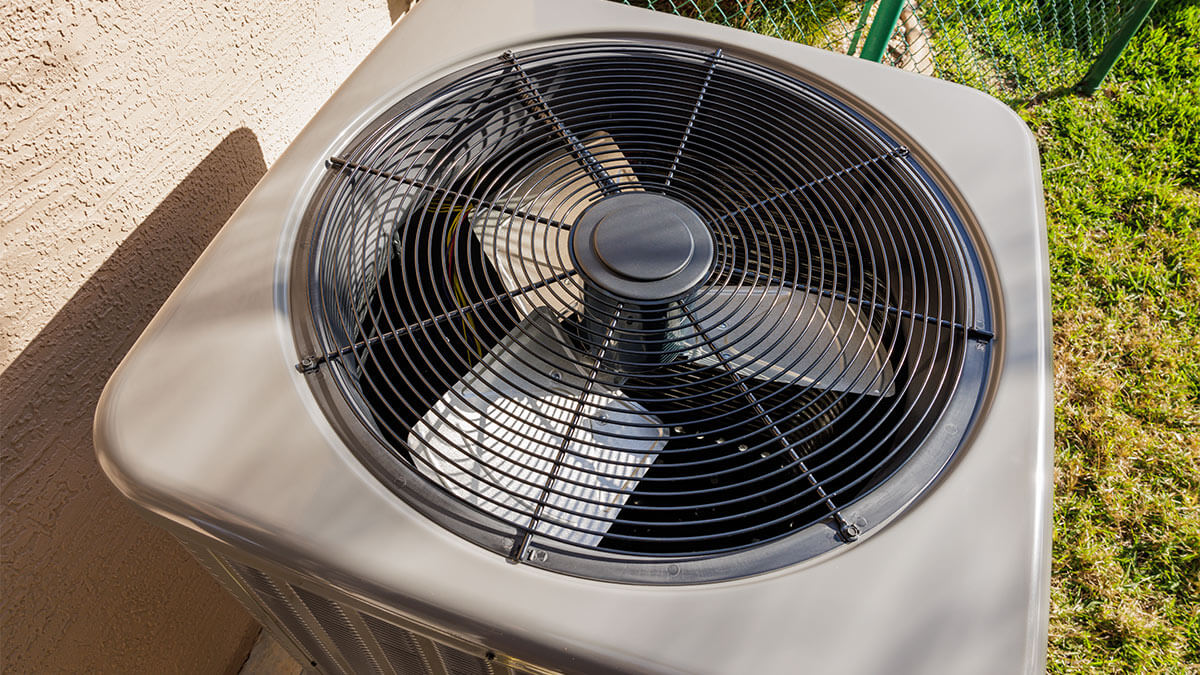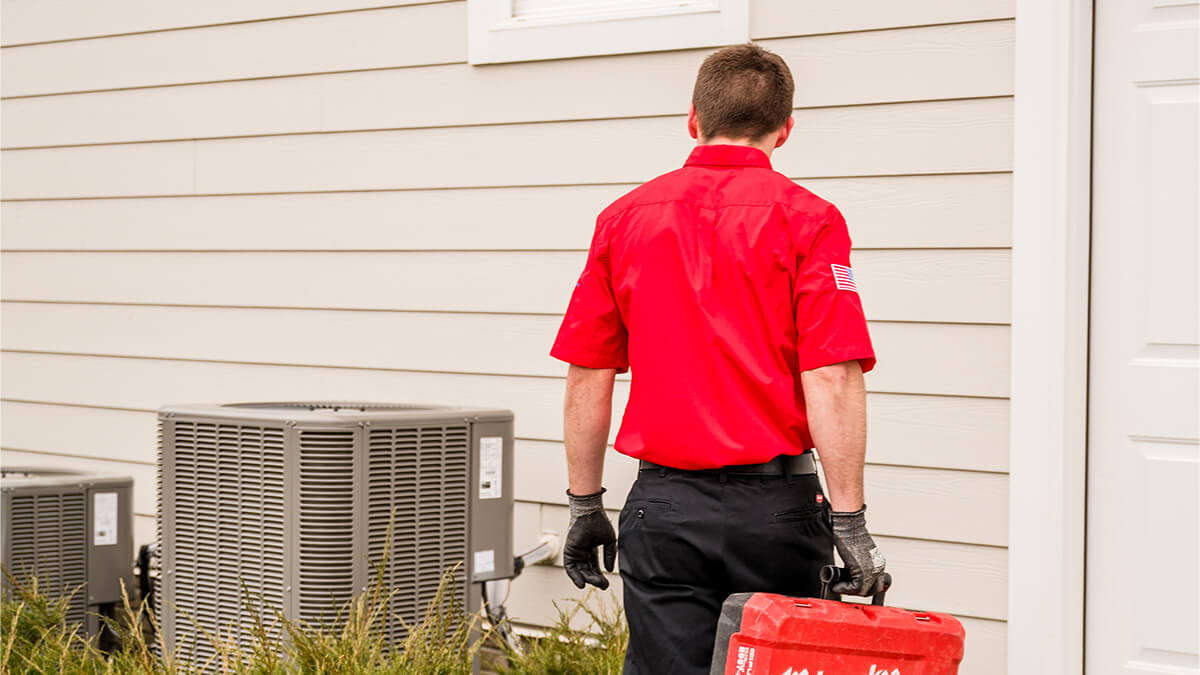Air Conditioners
Air conditioners are an essential component of comfort. Whether you need a new unit installed, A/C repair for a malfunctioning component fixed, or routine maintenance to prevent future problems, our team has an HVAC services for your home.
A/C Installation, Repairs & Maintenance
To keep your HVAC system working efficiently and reliably, regular air conditioner maintenance is essential. This includes cleaning the filters and coils to improve airflow, checking refrigerant levels to ensure proper cooling, inspecting electrical components for safety, and making sure the unit is level and securely mounted. These routine tasks not only extend the life of your system but also help maintain better indoor air quality.
Our team offers a full range of HVAC services, including expert A/C installation, repair, and maintenance on all major equipment brands. With a focus on dependable, quality service, we help keep your system running smoothly so your home stays comfortable year-round.
Most Popular Energy-Efficient Air Conditioners:
- Inverter Air Conditioners - up to 19 SEER2
- Two-Stage Air Conditioners - up to 17.5 SEER2
- Air Conditioners 14 to 16.5 SEER2
Thermostats
We offer a wide selection of digital thermostats designed to work seamlessly with your furnace and air conditioning units. Our experienced HVAC specialists will help you choose the best thermostat for your home based on your system, preferences, and lifestyle. Whether you're looking for simple controls or smart features like Wi-Fi connectivity and programmable settings, we’ll make sure you get a solution that keeps your indoor air comfortable and efficient—no matter the weather outside.
The Atlas Butler Comfort Pledge
We are the only heating, cooling and plumbing company that can guarantee to have you back up and running within 24 hours of your call more than 95% of the time.
Read our full Comfort Pledge to learn about everything we do to guarantee your comfort.
A/C Maintenance, repairs, replacements—we do it all and we do it fast.

- Call 24/7
- Certified Techs
- 2 HR Service Window
- Service All Brands
- No After Hours Fees
- Financing Available
Frequently Asked Questions
What should I do if my A/C breaks down in extreme heat?
If your A/C breaks down during extreme heat, contact Atlas Butler’s 24/7 emergency service. They aim to have your system back up and running within 24 hours in over 95% of cases.
Do you offer 24/7 emergency repairs?
Yes, Atlas Butler offers 24/7 emergency A/C repair services to ensure your comfort at all times.
How do I prevent A/C breakdowns during heat waves?
Preventative maintenance, such as changing filters and scheduling annual tune-ups, ensures your A/C operates efficiently and reduces the risk of breakdowns during heat waves.
How can I schedule an A/C service appointment?
You can schedule an appointment through our website or by calling our customer service team at 1-800-FURNACE.
What is the Atlas Butler Comfort Pledge?
The Atlas Butler Comfort Pledge guarantees that we will have your system back up and running within 24 hours of your call more than 95% of the time.
Are there any special offers available for air conditioning services?
Atlas Butler provides special offers on HVAC services throughout the year. You can check the website for current promotions.
In which areas does Atlas Butler provide air conditioner installation services?
Atlas Butler provides air conditioner installation services throughout Central Ohio. Learn more about Atlas Butler’s service area.

Financing Available
Find out if you qualify for financing to ensure your home is comfortable and your cost is manageable.

View Our Current Heating & Cooling Special Offers
Save on your Heating & Cooling Service calls with these special offers from Atlas Butler.



